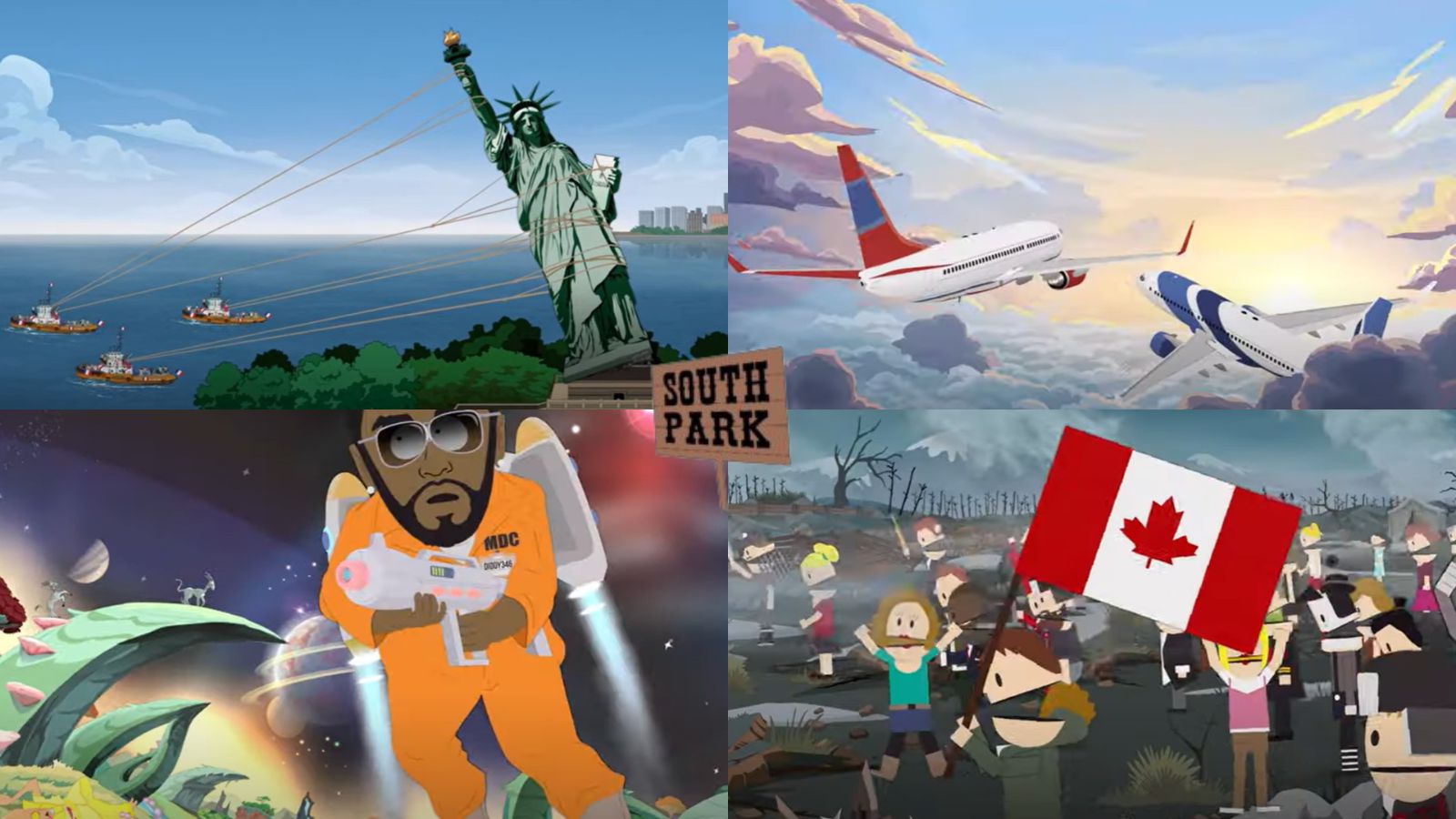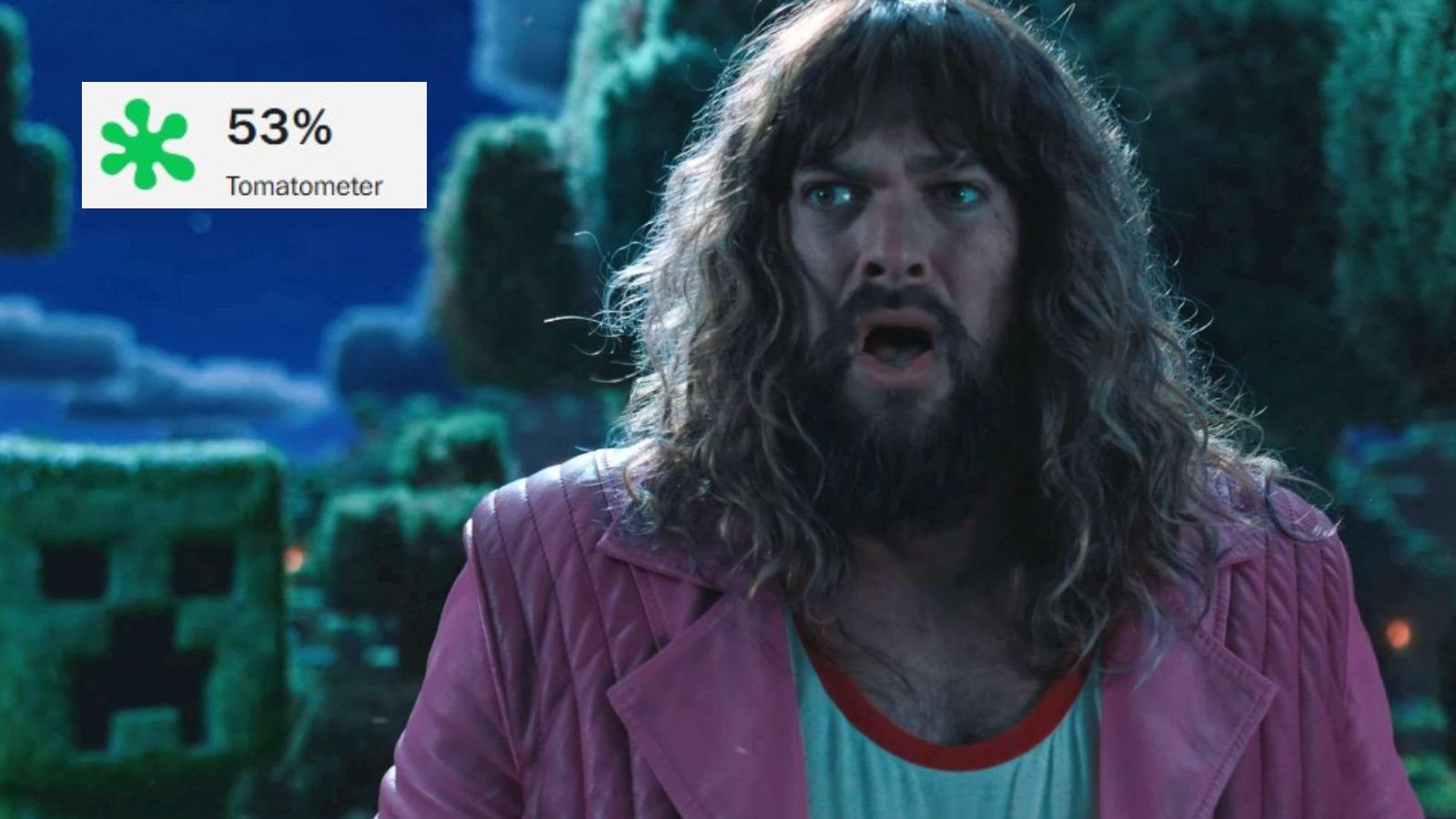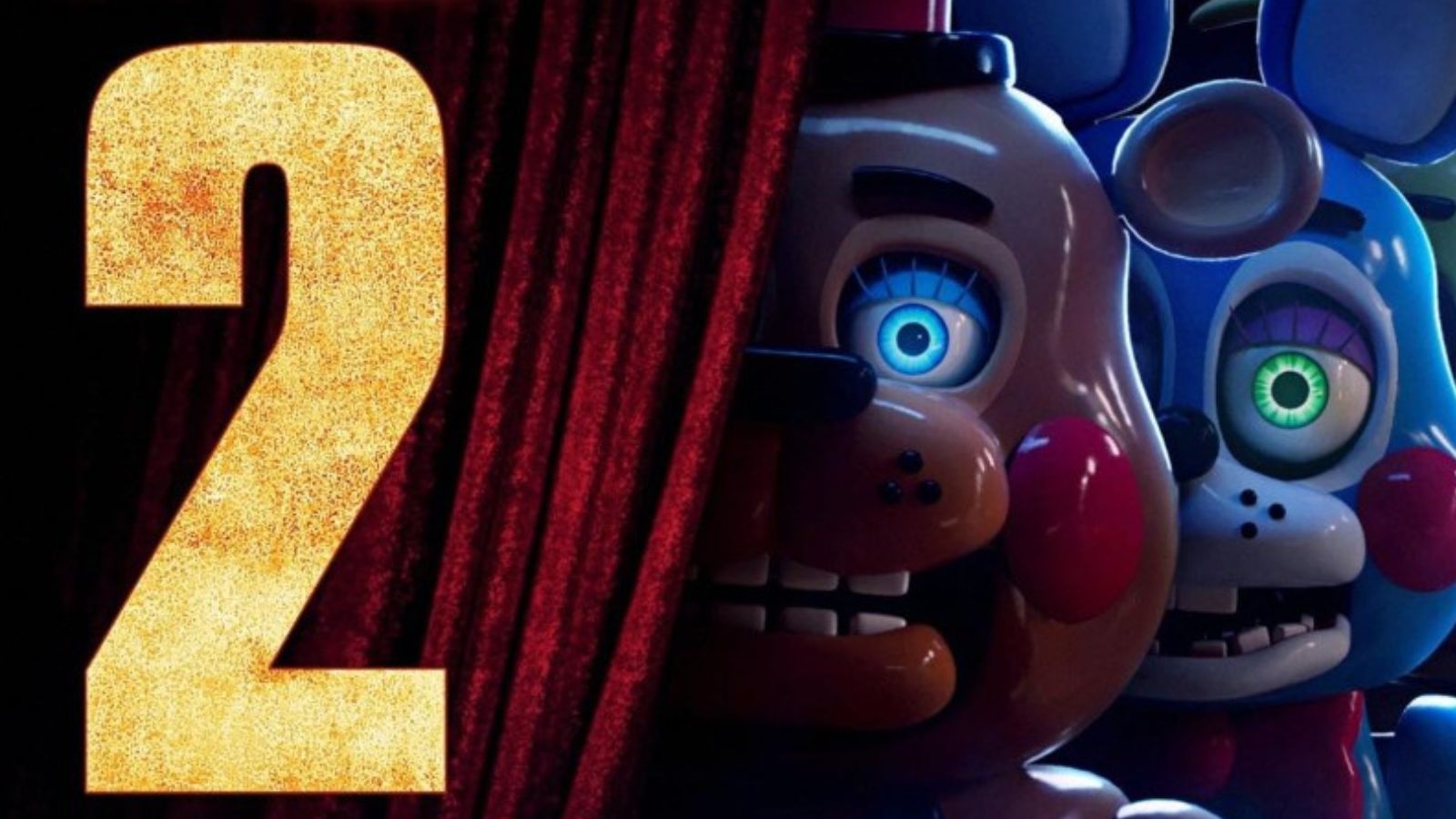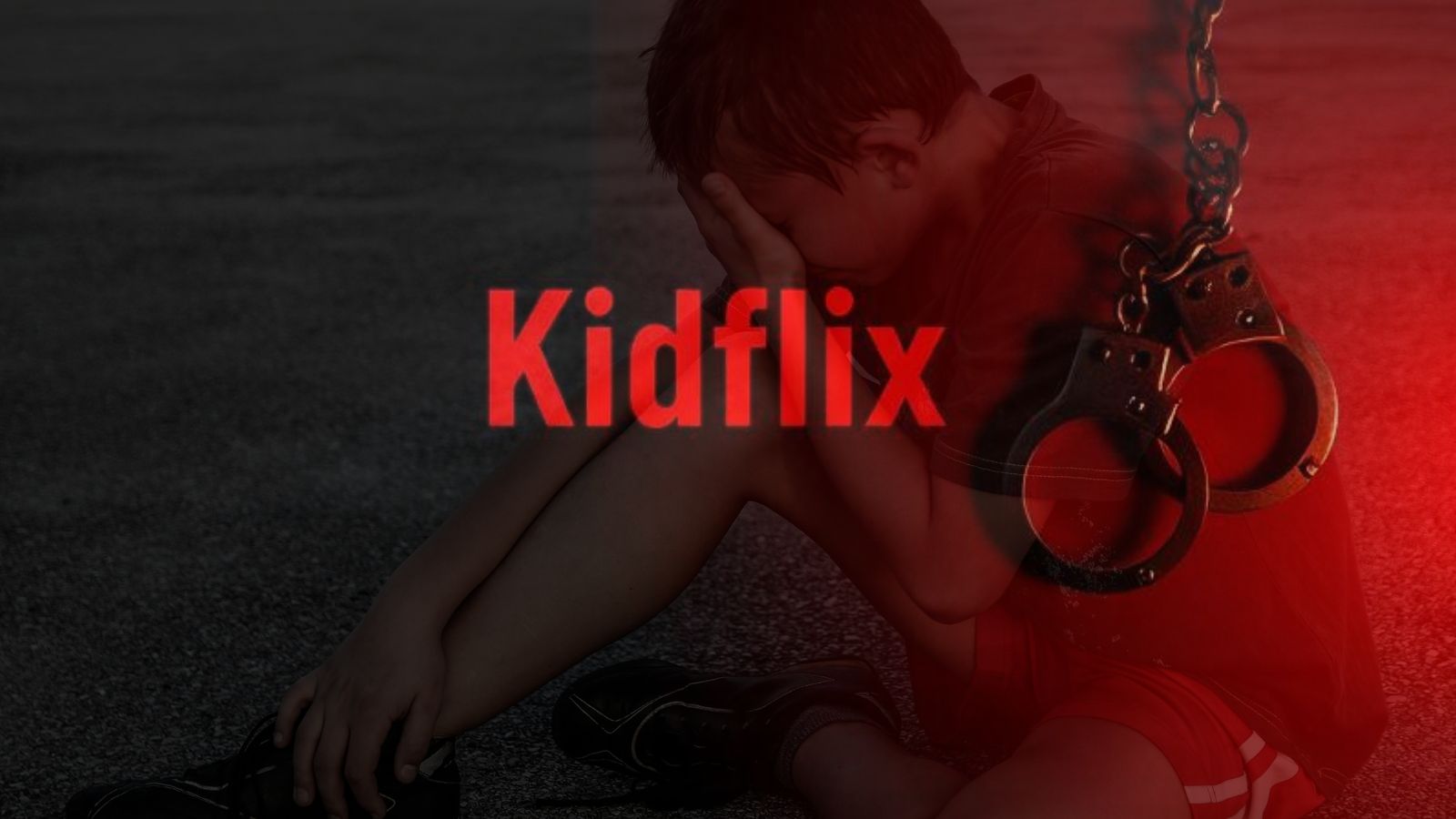
YouTube Puts an End to Claiming Short Music Clips for Monetization
- YouTube will not accept manual Content ID claims for monetization that concern small snippets of audio.
- This means that tracks that play for a couple of seconds will most likely not be enough to take the video profits away from the creator.
- The new policy will be enforced by mid-September, and rightsholders are advised to take the time to adapt.
YouTube has been trying to make the platform fairer lately, by overhauling policies related to reporting copyright infringement. Last month, the platform started asking copyright owners to point at the exact video portion where the copyright infringement occurs (by providing timestamps). And now they have announced that they won’t accept manual copyright claims for monetization that concern very short music clips or "unintentional" music. Following the same strict approach as previously, those who fail to respect this new policy and are found to submit false claims repeatedly will have their manual claiming rights revoked.
Manual claims are supposed to help copyright holders report content that has not been identified by YouTube’s Content ID match system as copyright-infringing. Although these manual reports go to human reviewers for evaluation, we have seen many occasions where a flippant approach was taken, demonetizing the infringing video. In some characteristic cases, there were removals of videos only because the title and artists of a song were merely mentioned in a video that didn’t contain the audio at all. This has formed an unfair environment for the creators, so YouTube decided to do something about it. Now, rightsholders will have to choose to ask for the removal of the video or leave it alone, as monetization is taken out of the available options.
Although the policy change will now make it harder for content ID trolls to have financial gains from the creators, the latter are advised to remain careful with music that might be playing in the background of their videos as the number of the reports and take-downs will most likely be increased now. Choose tracks and sound effects from YouTube’s Audio Library, and you can be sure that nothing terrible happens. If a copyright-protected track is playing in the background and gets captured by your microphone, try using YouTube’s editor to remove it or dampen its sound level.
YouTube will begin enforcing the new policy by September, so they are asking copyright owners to learn what the dispute process involves, what the new rules entail, and adapt accordingly. Also, it is important to clarify that the new policy only concerns manual content ID claims, so whatever happens with YouTube's bots will remain unchanged for now. While video creators will not have their content removed or demonetized at the drop of a hat, they will definitely face many removal requests, so there’s a debatable trade-off.
Do you feel that YouTube is getting to where the community wants it or has the video platform a long way to go still? Let us know where you stand in the comments down below, or join the discussions on our socials, on Facebook and Twitter.






